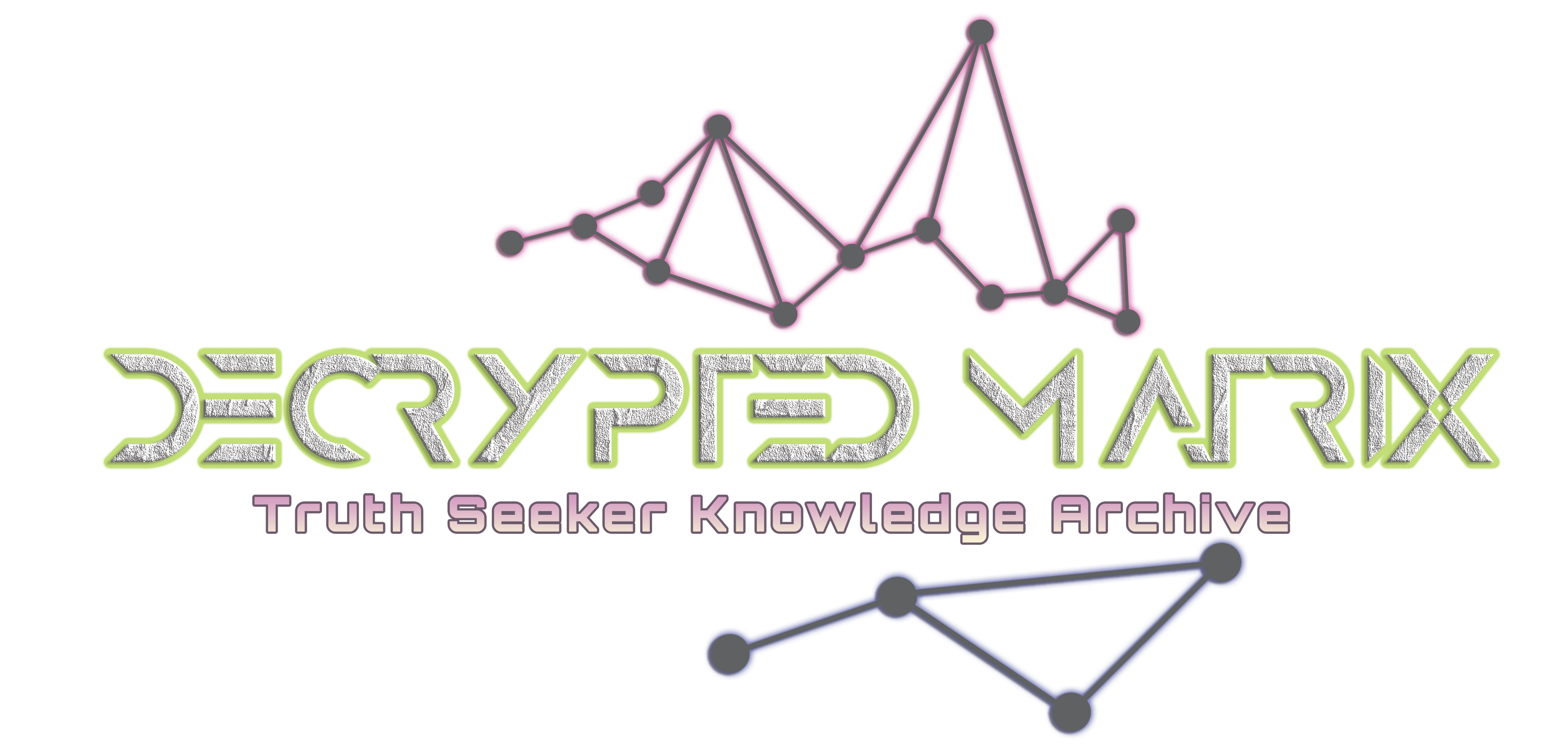A graduate level course
Richard Fitzpatrick
Associate Professor of Physics
The University of Texas at Austin
- Introduction
- Fundamental concepts
- The breakdown of classical physics
- The polarization of photons
- The fundamental principles of quantum mechanics
- Ket space
- Bra space
- Operators
- The outer product
- Eigenvalues and eigenvectors
- Observables
- Measurements
- Expectation values
- Degeneracy
- Compatible observables
- The uncertainty relation
- Continuous spectra
- Position and momentum
- Quantum dynamics
- Angular momentum
- Orbital angular momentum
- Eigenvalues of angular momentum
- Rotation operators
- Eigenfunctions of orbital angular momentum
- Motion in a central field
- Energy levels of the hydrogen atom
- Spin angular momentum
- Wave-function of a spin one-half particle
- Rotation operators in spin space
- Magnetic moments
- Spin precession
- Pauli two-component formalism
- Spin greater than one-half systems
- Addition of angular momentum
- Approximation methods
- Introduction
- The two-state system
- Non-degenerate perturbation theory
- The quadratic Stark effect
- Degenerate perturbation theory
- The linear Stark effect
- Fine structure
- The Zeeman effect
- Time-dependent perturbation theory
- The two-state system
- Spin magnetic resonance
- The Dyson series
- Constant perturbations
- Harmonic perturbations
- Absorption and stimulated emission of radiation
- The electric dipole approximation
- Energy-shifts and decay-widths
- Scattering theory




